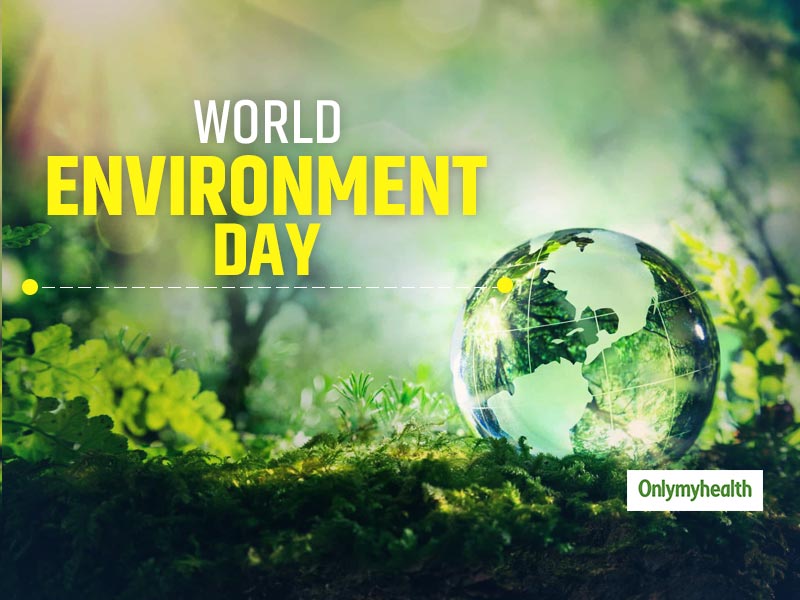
World Environment Day 2020: The recent death of a pregnant elephant in Kerala after it ate a pineapple stuffed with explosives has once again raised the question on the evolution of homo sapiens. This unacceptable inhuman act on the sidelines of the deadly coronavirus pandemic shows how we hardly care about our relationship with biodiversity. This act happened when we perceive the global crisis of COVID-19 as an opportunity to rebuild -- and even improve -- livelihoods in a sustainable way. Still, our deeds are the opposite of what we have thought. According to the World Health Organization, air pollution kills seven million people each year, and it has already been considered as a significant health crisis.
Table of Content:-
Dr P Venkata Krishnan, Internal Medicines, Paras Hospital Gurugram states that "during such unprecedented times of our fight against this unseen virus, our high on the list is restoring harmony by fostering humanity's relationship with nature, and particularly with biodiversity. The lockdown, which was imposed to curb the spread of coronavirus, has also helped in bringing down the pollution level around the world. The air pollution level in major cities has seen a reduction in particulate matter by up to 60% from the previous year just in a month. Lowering global heat-trapping emissions is the ultimate way to clean up the environment and prevent avoidable pollution-related deaths. Keeping in mind the idea of biodiversity, we need to plant more trees."
Pollution and Forest

Besides curbing pollution, forests are natural habitat to the world’s biodiversity. Their benefits are immense right from being the natural cleaner of the air, environment to the foods consumed by one billion people. They also provide 86 million green jobs and support the livelihoods of many. If we have to churn out more sustainable benefits from them, we must pay particular focus to needs, which directly or indirectly are essential means of their survival. We all know that the depletion of green cover and biodiversity is one of the pivotal reasons for creating an imbalance in nature. This, in a way, also increases the risk of deadly and epidemic diseases.
Also Read: World Environment Day 2020: Know How Eco-Friendly Furniture Can Make Your Home A Healthy Abode
Global Deforestation

While global deforestation slowed in the last decade, some 10 million hectares are still being lost each year, and alongside them, vital species. The statistics, as mentioned earlier, show that the main driver of deforestation is: agriculture expansion. Non-rational land use and plantation for meat, oil and cereal production, followed by subsistence farming activities, account for 75 per cent of tropical deforestation. Therefore, a holistic approach is essential that people should start taking action as they already have so much knowledge about the harmful effects of deforestation.
Also Read: World Environment Day 2020: Know How Nature Affects Your Life And Health
Conclusion

As our world is engulfed with the COVID-19 pandemic, the time has come that we should make thoughtful choices and actions thinking about our posterity. This time can act as a catalyst to teach more creative and inclusive paths to a happier future where we plant new trees and conserving the extinct flora and fauna we have. We should not forget that we are alive today because we have forests and rich biodiversity. They keep us going, and if we create an imbalance in their habitat, we have to bear the brunt of the mother nature. We must work in tandem with nature to ensure we all thrive.
Read More Articles In Miscellaneous
How we keep this article up to date:
We work with experts and keep a close eye on the latest in health and wellness. Whenever there is a new research or helpful information, we update our articles with accurate and useful advice.
Current Version